7 things you didn't know that were making your home hotter
Are you making your home hotter without knowing it?
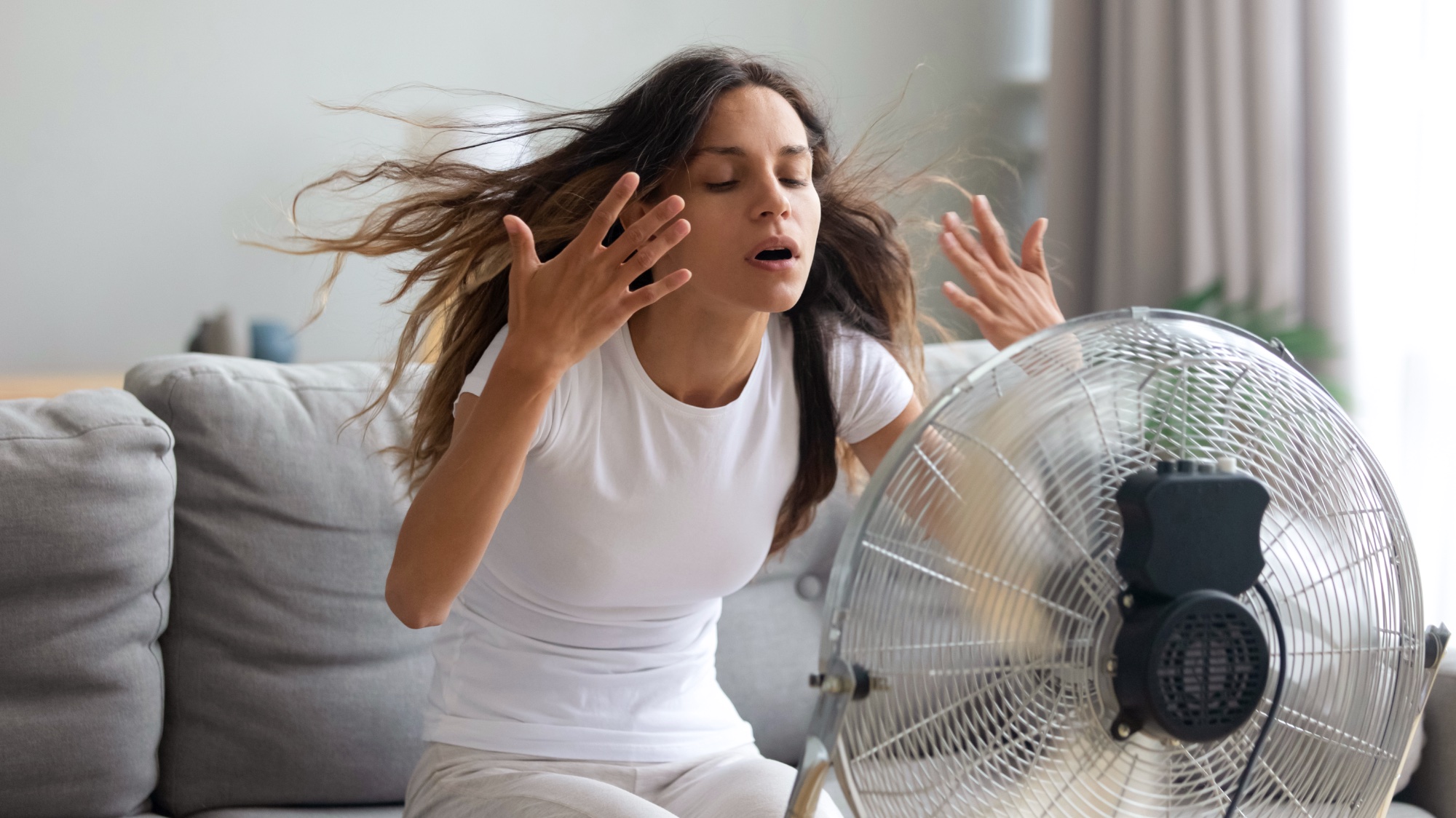
As the heat wave continues, we’re all trying every method possible to keep our homes cool. From learning how to cool down a room to considering how to sleep better in a heat wave, there are all kinds of techniques to keep things chilled. But, have you stopped to consider if your habits might be contributing to the heat in the first place?
Certain objects around the typical home can release a lot of heat in use — some without you even knowing it. So, while you might make every effort to cool the space, you could be behaving counterproductively. If you’re keen to learn what might be contributing to heating up your home, we’ve listed the usual suspects here. By avoiding these, or making changes in habit, you can help bring the temperature down again. Here are 7 things which make your home feel hotter in a heat wave.
1. Oven and stove
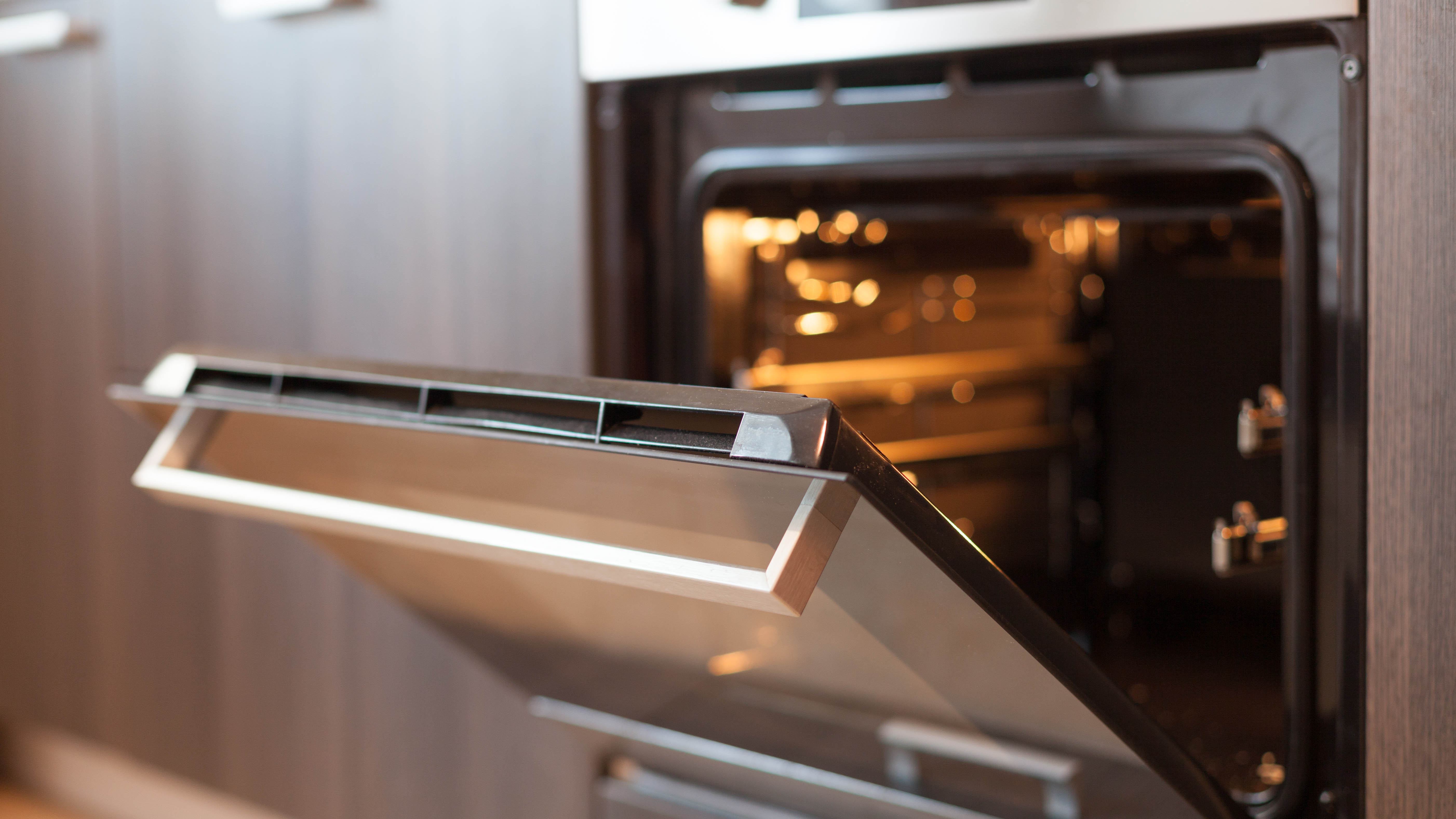
It might seem obvious, but your oven and stove generate a lot of heat in use. While hot meals can be tempting, these methods of cooking will increase the temperature of your kitchen, and by extent, your home. You only need to open the oven door to release a lot of that residual heat in your space. And, unless you’re lucky enough to own an induction stove, stove tops will output a lot of heat as the surface reaches and holds its temperature.
You’re better off using small appliances where you can instead — these generate less heat in use. For instance, one of the best air fryers releases minimal heat when compared to an oven. Failing that, prepare your meals in advance and stick to the microwave instead. This only directly heats the food itself, so there’s no residual heat to worry about. Of course, you can always just eat chilled meals and salads — then there’s no heat involved at all.
2. Laptops and computers

Laptops and desktops will naturally vent hot air as they try to cool the internal components — so, it’s no surprise that the fans will run on overtime in the summer, when external conditions aren’t helping it out. Laptops and desktops can output a lot of heat as a consequence; some can make for the equivalent of a small portable heater. Although, it won’t compare to the best space heaters.
Make sure your computer is placed in such a way that it can easily keep itself cool. For instance, only place a laptop on an even hard surface — not suffocating on top of a comforter or balancing on your knees. A desktop should always be situated on a table — especially as these typically get hotter versus a laptop. Give you computer the best air circulation possible by keeping it clean as well. Remove residual dust from the keyboard and screen, and keep the workspace around it clean and open too. In doing this, it won’t overheat so quickly or run its fan as hard. While a computer is often necessary for work, try to reduce usage in your spare time to keep this heat output to a minimum.
Similar rules apply to any games consoles as well. Make sure you learn how to clean it and do so as often as necessary to keep its internal temperature under control. Here’s how to clean a PS4 without breaking it for guidance.
Sign up to get the BEST of Tom's Guide direct to your inbox.
Get instant access to breaking news, the hottest reviews, great deals and helpful tips.
3. Dirty AC filter
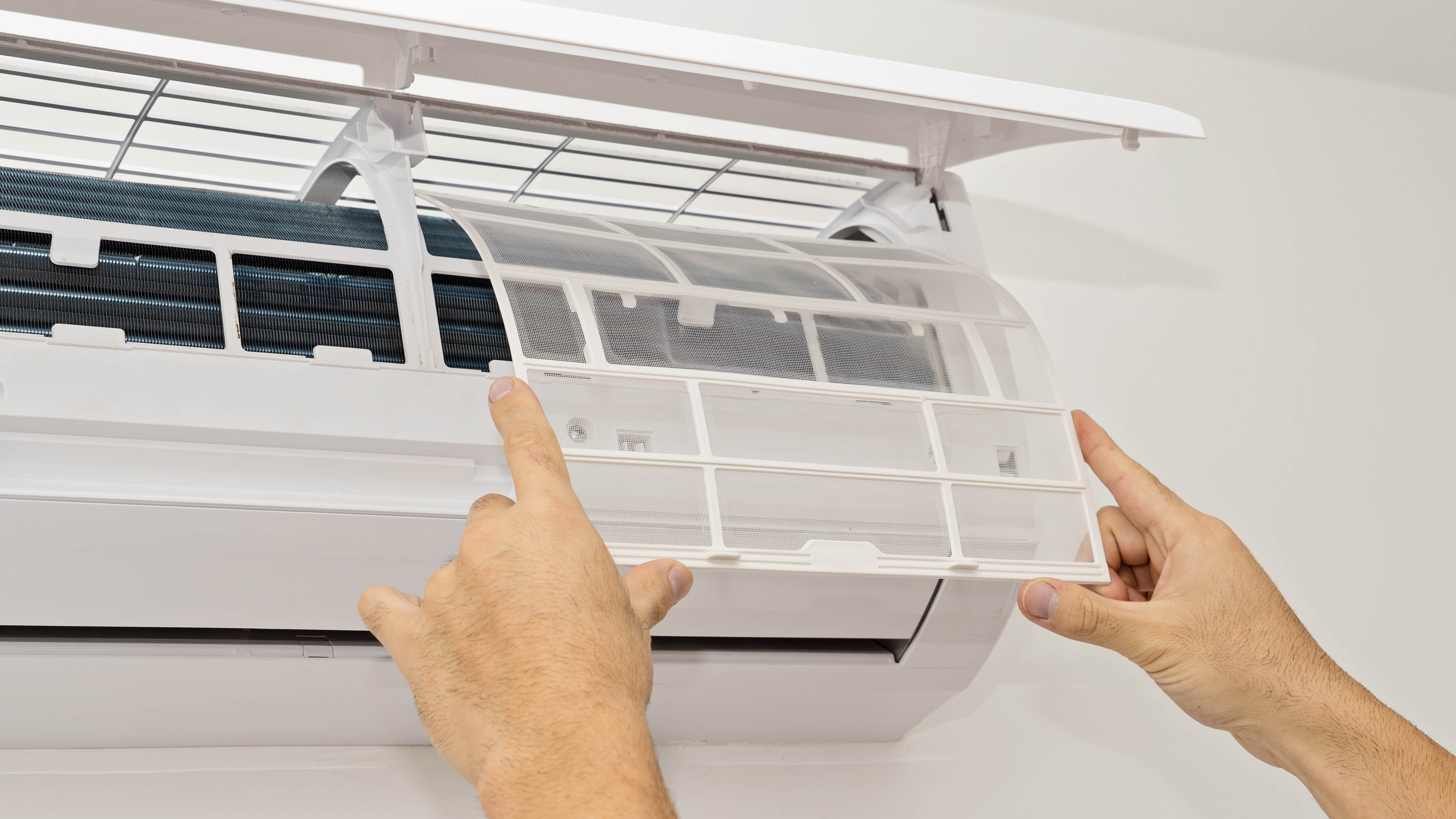
Once your AC is up and running, we assume that our cold air needs are sorted for good, but the maintenance doesn’t stop there. AC filters become dirty and clogged with regular use — just as it is with the best air purifiers, these filters catch all kinds of airborne pollutants including dust and debris, so they need cleaning or replacing regularly.
If you fail to do this, your AC unit will overwork itself to cool your home, and lose its efficiency in the process. So it won’t cool as well as it could and consequently your home will feel hotter. If left unresolved, this can also lead to damaged components and expensive repairs, so your AC filter’s lifespan needs monitoring. Replace or clean your AC filters as often as recommended to keep it functioning efficiently — this tends to be every 1-3 months.
4. Hot shower or bath
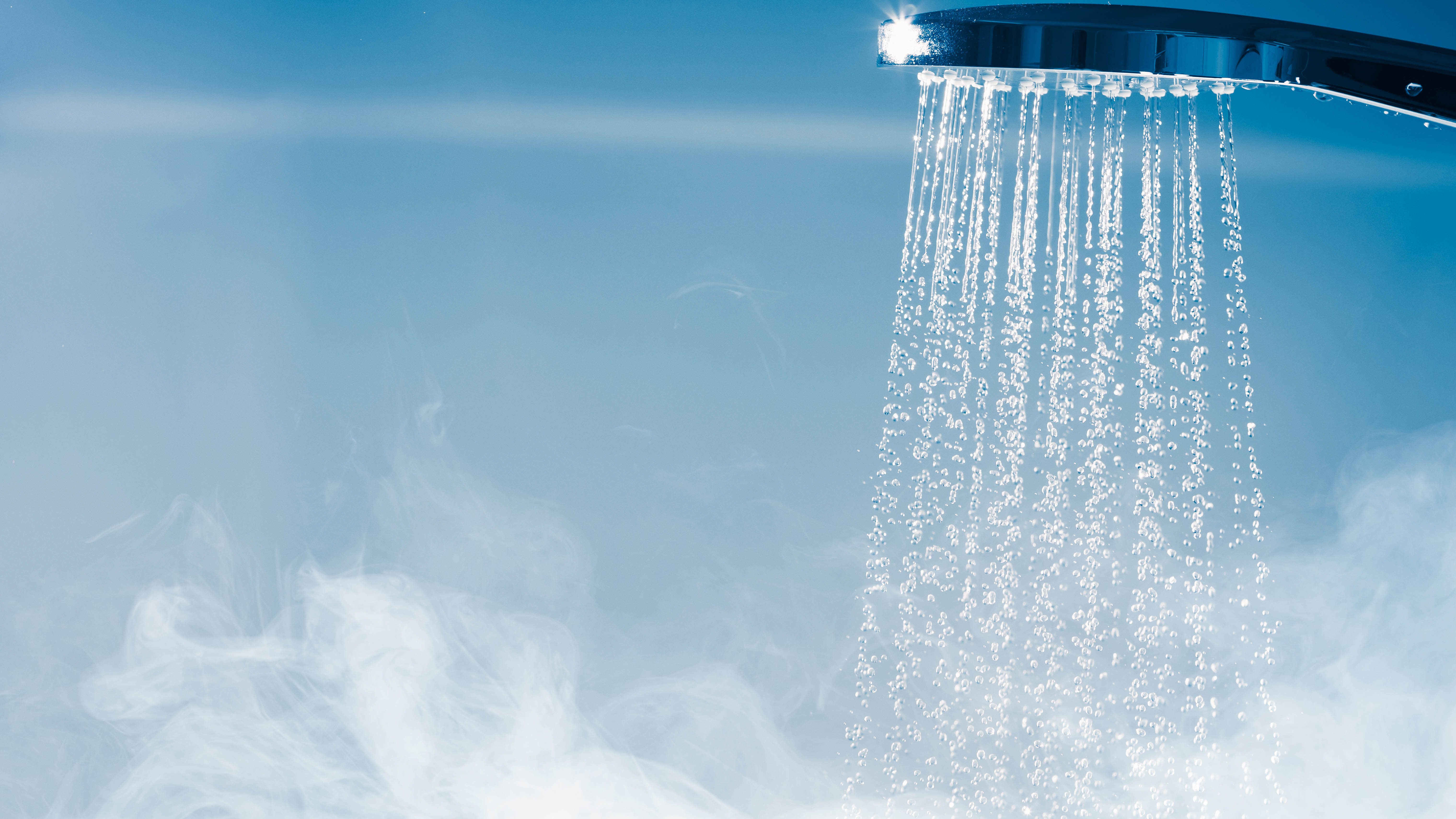
A hot shower or a steaming bath can really help you relax. But, unsurprisingly, these can increase the temperature of the surrounding environment too. Try to drop the temperature of your bath or shower to keep things cooler when you emerge. Even using a warm temperature, rather than hot, can have its benefits. Claire Davies, a sleep editor at Tom's Guide's publisher, Future, says "warm showers have been proven to reduce cortisol, which helps get your body into a relaxed state for sleep."
Whatever the temperature, remember you will still need to vent the excess humidity, which can be difficult in excessive hot weather. After all, opening the window to release the moisture can let hot air in at the same time. Try to use exhaust fans or the best dehumidifiers in such cases. You could also shower at night when the temperatures outside drop; in this instance, leaving a window open might be preferable. Should you shower in the morning or at night? Here’s what the experts say.
5. Clothes dryer
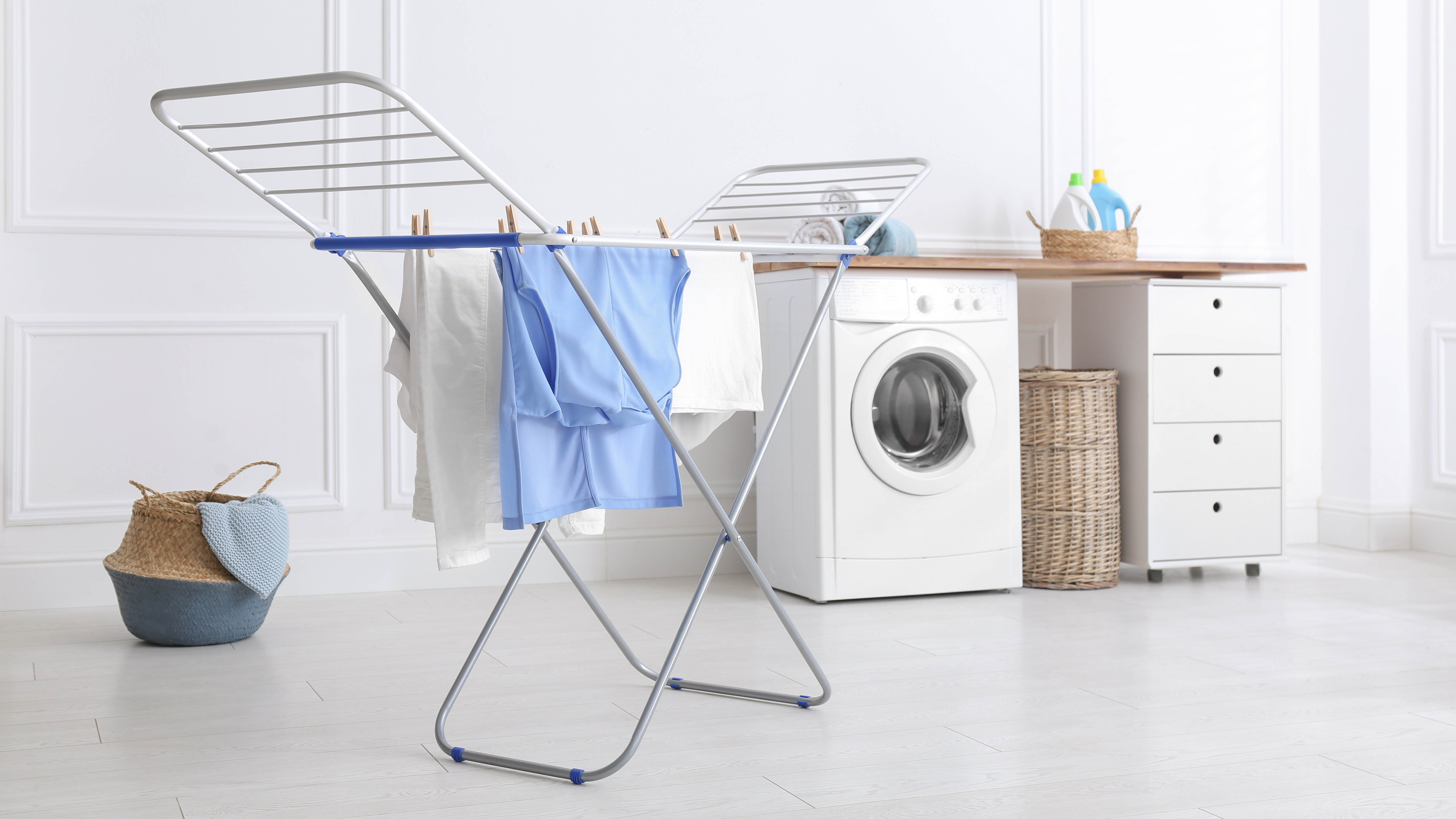
The best clothes dryers can make drying your laundry a cinch. And while the heat is typically vented outside, with the exception of when you open the door to unload, another drying method can make things cooler at home, which is all the more beneficial. If it’s excessively hot anyway, why not hang your laundry out to dry indoors instead? You will save energy and as the wet items dry, they will contribute to a cooler environment — especially when larger items like towels and bedsheets are exposed to a breeze.
A basic clothes drying rack can do the job, such as SONGMICS Clothes Drying Rack ($52.20, Amazon). Just make sure you release the humidity one way or another as mentioned in the previous point. In high temperatures, items can be air dried in as little as a few hours.
6. Scented candles
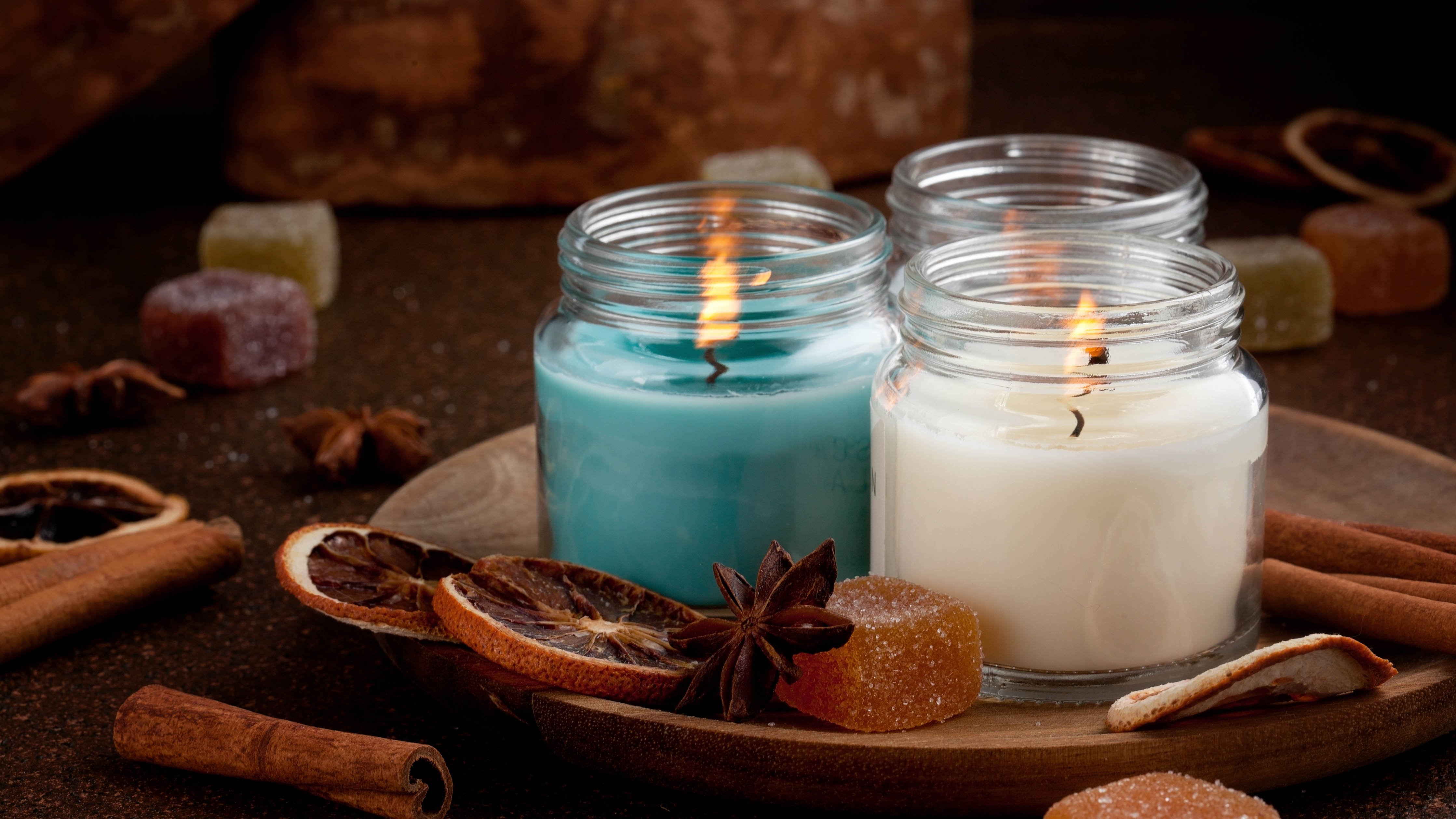
While scented candles can make your home smell great, each one still needs igniting, and even if it’s just a small flame, it outputs more heat than you realize. According to the National Candle Association: "Approximately one-fourth of the energy created by a candle’s combustion is given off as heat radiates from the flame in all directions." The amount of heat depends on the size of the candle as well as the wax type and wick, but one candle is said to emit 80W of heating power, according to The Naked Scientists. So, while one candle doesn’t have the power of a space heater, it’s certainly making a gradual impact on the temperature.
Swap out your candles for alternative methods that still smell great. Diffusers can work well instead, or you can dilute a few drops of essential oils and spray it manually around your room. Such oils are handy when it comes to learning how to get rid of mosquitoes in your home.
7. Lights
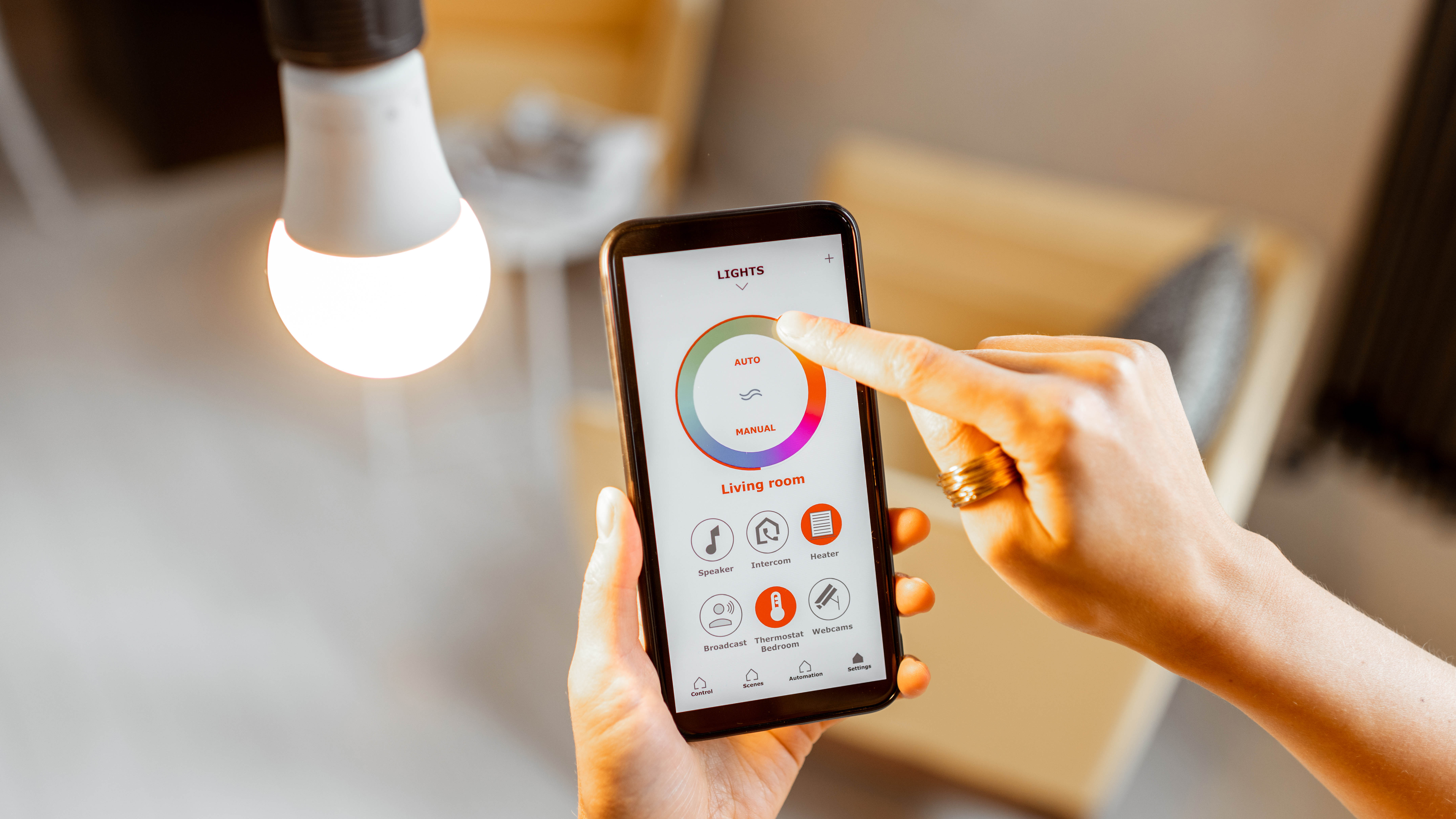
Finally, pay special attention to the lights in your home. These can emit more heat than you know — particularly if you're still using incandescent bulbs or CFLs. Modern LED bulbs will give off less heat, plus they will save energy and last longer too. According to energy.gov, an incandescent bulb gives off 90% of its energy as heat, while CFLs emit 80% in comparison to LEDs.
Even if you’ve upgraded to LED bulbs, these still emit some heat as they work, so pay attention to usage as well. By investing in the best smart lights, or the best smart plugs, you can guarantee efficiency as well as reduced residual heat by scheduling the lights for only when they’re needed.
More from Tom's Guide

Katie Mortram used to be a Homes Editor for Tom's Guide, where she oversaw everything from kitchen appliances to gardening tools, as well as smart home tech. Specializing in providing expert advice for cleaning and home manintenance, she now works as Household Advice Editor for Good Housekeeping.
-
rodgerdogder 7 things you didn't know that were making your home hotter...Reply
Lists a series of things that are known for generating heat. If a person wrote this they should do better, pumping out fluff is a waste of everyone's time. If an AI wrote this we should give the AI another few months to make useful information.
